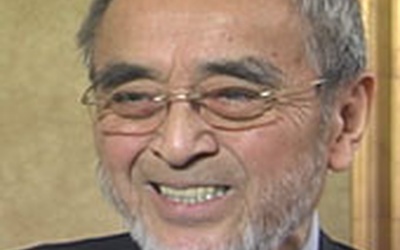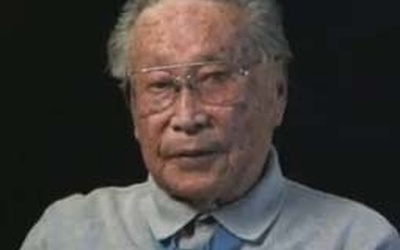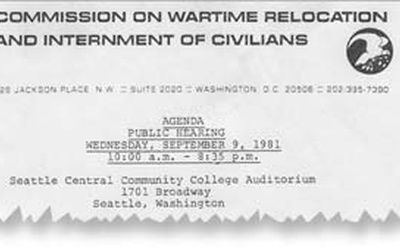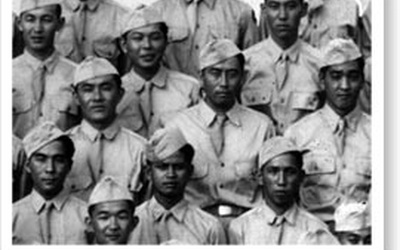
Denshō
@denshoDenshō: The Japanese American Legacy Project, located in Seattle WA, is Discover Nikkei Participating Organization since February 2004. Its mission is to preserve the personal testimonies of Japanese Americans who were unjustly incarcerated during World War II, before their memories are extinguished. These irreplaceable firsthand accounts, coupled with historical images, related interviews, and teacher resources, are provided on the Denshō website to explore principles of democracy and to promote tolerance and equal justice for all.
Updated November 2006
Stories from This Author
International Lives: The Horiuchi Interviews
Jan. 13, 2010 • Denshō
“The Nikkei I knew that were involved in the occupation…they were able to work more closely with the Japanese because the Japanese looked upon them as someone that could understand their culture, their history, and their motivation.”—Lucius Horiuchi Last year Densho interviewed Maynard and Lucius Horiuchi in Sonoma, California. With a generous grant from the Tateuchi Foundation, their interviews became the first in the Densho collection to be translated into Japanese. Their bilingual presence in the Digital Archive is utterly …
Profile in Courage: George Sakato and a Belated Medal of Honor
Nov. 11, 2009 • Denshō
“I’m no hero, but I wear it for the guys that didn’t come back.” — George “Joe” Sakato George T. Sakato is the great-great-great-grandson of a samurai. Perhaps that explains his father’s choice of a birth name. Sakato says, “Dad wanted to call me Jyotaro Sakato, after a sword-bearer for Musashi samurai.” But when the doctor submitted the vital statistics for the baby, “Jyotaro” became “George.” An unassuming man, Densho’s interviewee says simply, “All my life I’ve been called Joe.” …
Freeing Testimonies: The Redress Hearings
Oct. 10, 2007 • Denshō
"I am very happy that the government of America is looking into the past. I think it takes a great country to admit its mistakes and make proper restitution."--Masao Takahashi In retrospect, the success of the Japanese American redress movement seems like a historical inevitability. In reality, the struggle for justice stretched over three decades and was anything but assured. Just as the mass removal and incarceration of 120,000 Japanese Americans without charge or trial was itself not inevitable,1 the …
World War II Volunteers
Nov. 8, 2006 • Denshō
The nisei veterans have been called everything from heroes to cultural icons to saviors of the Japanese American community. Stories of the rescue of the "Lost Battalion" and the breaking of the Gothic Line are so harrowing and so poignant that it is easy to see why they hold an iconic status in our community. Yet, if we go back to 1943 – in the weeks following an announcement by the U.S. Government that opened the military to Japanese Americans …






